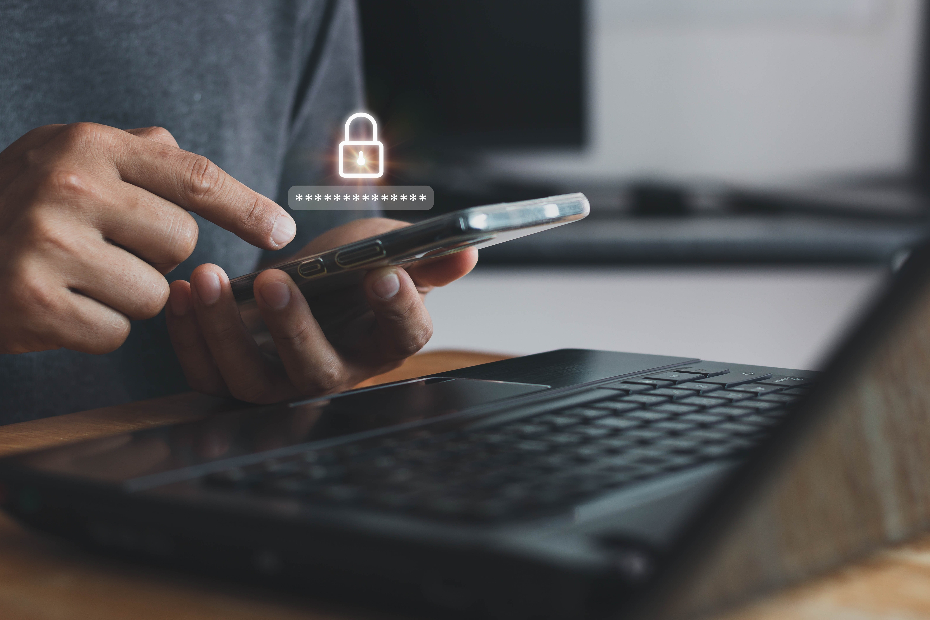Cybercrime is rising in Canada, affecting individuals, families and businesses alike. That’s the bad news. The good news is that being cyber safe doesn’t take a lot of work — instead, it’s a matter of knowing what to do to keep hackers and scammers out of your systems and accounts. Our Cyber Safety 101 series is designed to give you some basic tools and tips that can go a long way to protecting yourself, your family and your data in the digital world.
Do your kids spend a lot of time online or a limited amount? Either way, you can take the same measures to help keep them safe from explicit content, cyberbullies, predators and other risks that may affect their safety, mental health and reputation.
Here are five tips to help keep your kids cyber safe.
1. Talk openly about their online activity
When it comes to the sites they visit online and the apps they use, it’s important to have an ongoing conversation with them. By looking at their online activity together, you can discuss what content you feel is appropriate and what is not — and how this may change as they age.
2. Block the inappropriate stuff
As open as your child may be about what they do online, peer pressure and curiosity may lead to sites and apps you don’t consider suitable for young eyes. Parental controls and content controls can help you manage what you feel is appropriate for your family. There are free apps for Android devices, and Apple has built-in parental controls you can use to restrict content, purchases, privacy and screen time.
3. Keep up with their online friends
Just as you’re unlikely to let your child visit a friend you’ve never met or heard of, it’s smart to take the same precautions on electronic devices. Sites and apps for social media, videos, gaming chat and messaging/texting are used by both kids and adults. Even with parental controls, you’ll still have to monitor your kid’s usage.
4. Draw comparisons to the offline world
Suppose your child likes to post information, photos or opinions online. In that case, it’s a good idea to encourage them to ask themselves: Would I be comfortable sharing this with a stranger in person? Reminding them that what they post can be circulated to countless people — and potentially live online forever — may give them a reason to pause and think carefully before posting.
5. Remind them to keep info secure
If your child has a locker at school, chances are they lock up their belongings to keep them safe. In the online world, it’s just as important to keep information private and secure. While the phone’s privacy settings can do some of the work — like turning off location services for apps your child uses — it’s also important for kids to know not to share private personal and family information online.
Looking for more great tips? Our Cyber Security Playbook, The Vault, is packed with great tips for securing your social media accounts. And it has more helpful steps and information to boost your cyber skills.
Visit The Vault for more tips on keeping yourself and your data cyber safe.
This article is intended as general information only and is not to be relied upon as constituting legal, financial or other professional advice. A professional advisor should be consulted regarding your specific situation. Information presented is believed to be factual and up-to-date but we do not guarantee its accuracy and it should not be regarded as a complete analysis of the subjects discussed. All expressions of opinion reflect the judgment of the authors as of the date of publication and are subject to change. No endorsement of any third parties or their advice, opinions, information, products or services is expressly given or implied by Royal Bank of Canada or any of its affiliates.



















